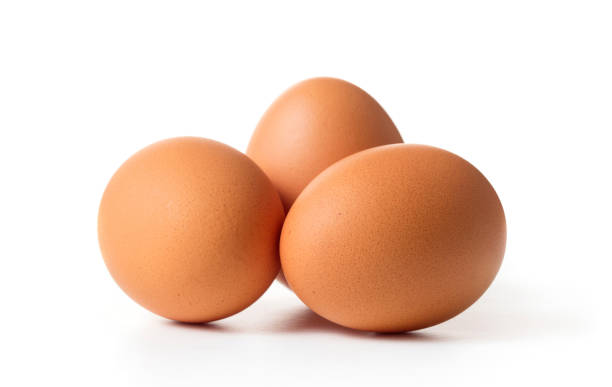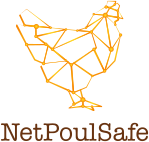Stakeholder preferences for supporting measures to motivate biosecurity compliance in poultry production
The introduction and spread of infections can be better avoided with good hygiene practices. Farmers’ understanding of biosecurity may not be constant and could vary over time. Low compliance is often linked to a lack of knowledge and any decision-making is influenced by a combination of farmer’s prior experiences, goals, financial capability and demographic factors (e.g., age, gender, education, etc.). A study to explore poultry producers’ preferred source of biosecurity recommendations, revealed that contact support by biosecurity advisor (e.g. coaching), biosecurity checks by stakeholder/government (e.g. audits such as biocheck.ugent) and trainings using group discussion method were most beneficial.
Biosecurity compliance in turkey farms: Strengths and weaknesses
Biosecurity practices in poultry production are often known quite well, but compliance is not optimum. To protect the health of turkeys and consumers, and to avoid losses due to diseases, producers (including farmers and farm workers) should adhere to a biosecurity program designed to prevent poultry from being exposed to infections. Ideally a pathogen should be prevented from entering the site and if already present, then good biosecurity should prevent its spread to other parts of the site.
To check the biosecurity levels in turkey farms an online risk-based scoring system was developed by https://biocheckgent.com/en where biosecurity practices are categorized into groups as external biosecurity and internal biosecurity. The Biocheck.ugent tool was launched online in August 2022 and is free to use, allowing worldwide accessibility to evaluate the biosecurity status of turkey farms.
This article is available on Pluimvee : Maandblad • jaargang 57 • april 2023.
Biosecurity in hatcheries – the operators’ point of view
In 2021, in the EU, 8.1 billion hen eggs were incubated for the production of chicks, which were then used to produce meat, table eggs or breeders. As poultry farms are dependent on hatcheries, it is very important for them to have quality eggs to produce healthy, high-performance birds.

Hatcheries must therefore comply with strict biosecurity measures to prevent the introduction and development of pathogens in eggs and chicks. However, in practice, compliance with biosecurity regulations is not so simple in the eyes of all those involved in poultry farming, including hatcheries. To highlight these barriers and possible solutions, 3 french hatchery quality managers gathered and discussed about how to deal with biosecurity in hatcheries.

